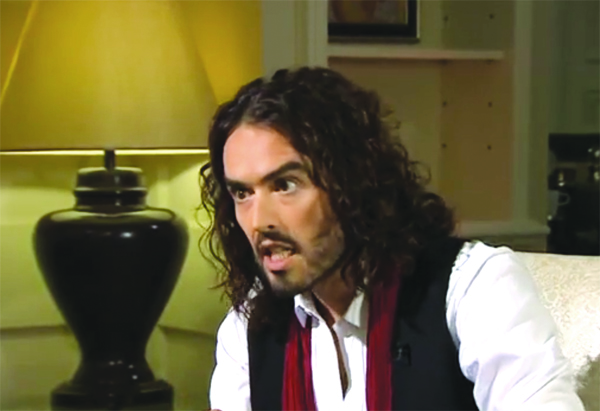Justin Dallaire’s opinion piece in the previous copy of the Fulcrum, “Religion and human rights: A united front for progress,” properly reminds readers of the historical role that religious groups and heroes have played in human progress. It is indeed the case that “we cannot fall into the trap of perceiving all religious organizations as being inherently conservative, bigoted, and intolerant to change.”
One could go further than he did with examples in William Wilberforce’s anti-slavery movement or the 1960s liberation theology movements in Latin America. However, Dallaire misses the mark where he ultimately concludes that religion should be understood “as part of the solution, not just part of the problem.”
Religion can be a powerful force in uniting and mobilizing people for a common purpose and the making of history, similarly to secular political ideologies. But the problem is that systemically accomplishing the most for human well-being in the long-term requires understanding reality as much as possible, otherwise bad predictions prevent us from controlling reality for good outcomes.
While secular reasoning is self-correcting for learning from errors, religions and ideologies cannot self-correct for their bad consequences. Sincere believers cannot help being blind to the consequences when their religion crosses the line from “moderation” into “extremism.”
To take Dallaire’s example of the civil rights movement, the idea of Christian in-group solidarity and equality in faith certainly would have helped to transcend racial divisions. But the necessary corollary to in-group solidarity is out-group exclusion, justifying the kind of homophobia that Dallaire himself criticizes. By contrast, even if the progress towards equality from secular reason would have been slower, it would not have shared equivalent drawbacks.
Values for societal well-being are also an intrinsic human impulse rather than specifically secular or religious. It is natural that some, though not all, of religious peoples’ heroism have been merely rationalized by, rather than caused by their religion. But religious confusion about reality allows otherwise-rational people to hold irrational or insane religious views on the side.
If Jesus was a mere mortal instead of a son of God, then his predictions of his Second Coming inevitably become a dangerous distraction from real-world problems. If Muhammad was a mere mortal who never received a revelation from an archangel, then he could not have produced a perfect moral code that would avoid systematic harm when applied 13 centuries after his backwards and sectarian time. Their bad predictions can still motivate progressive behaviour but they cannot avoid all of the various unintended consequences.
Religion can be a powerful rallying force for the greater good, but it cannot best tell us what the greater good is. Secular reason does that best.





